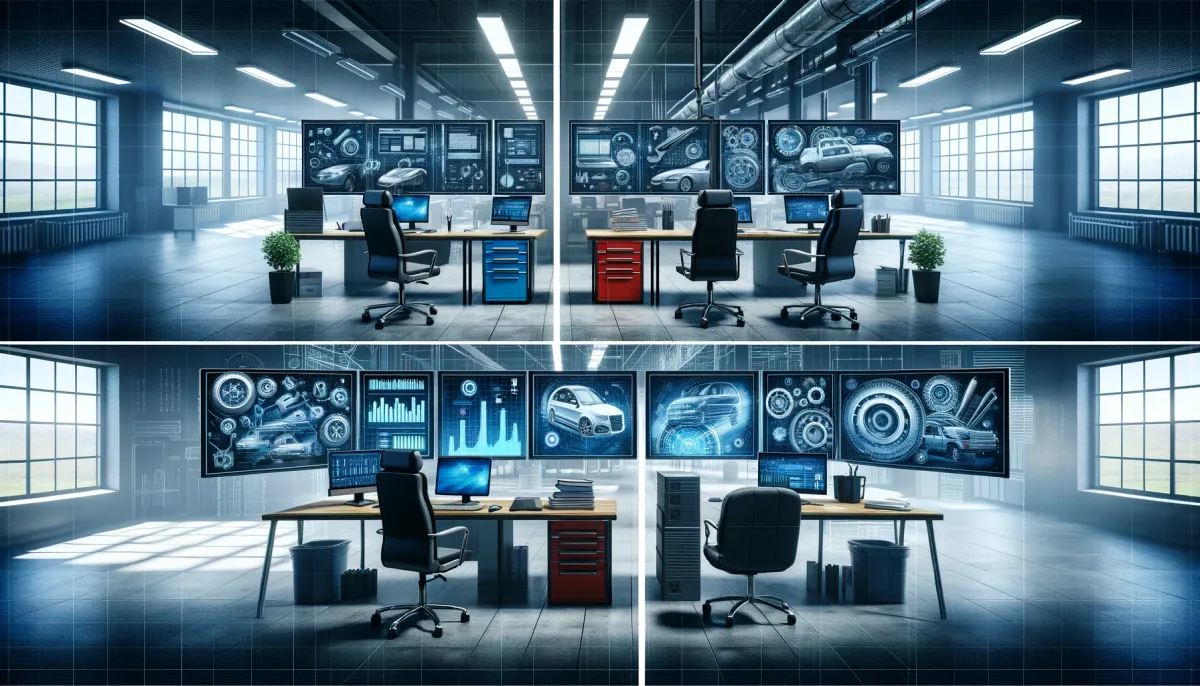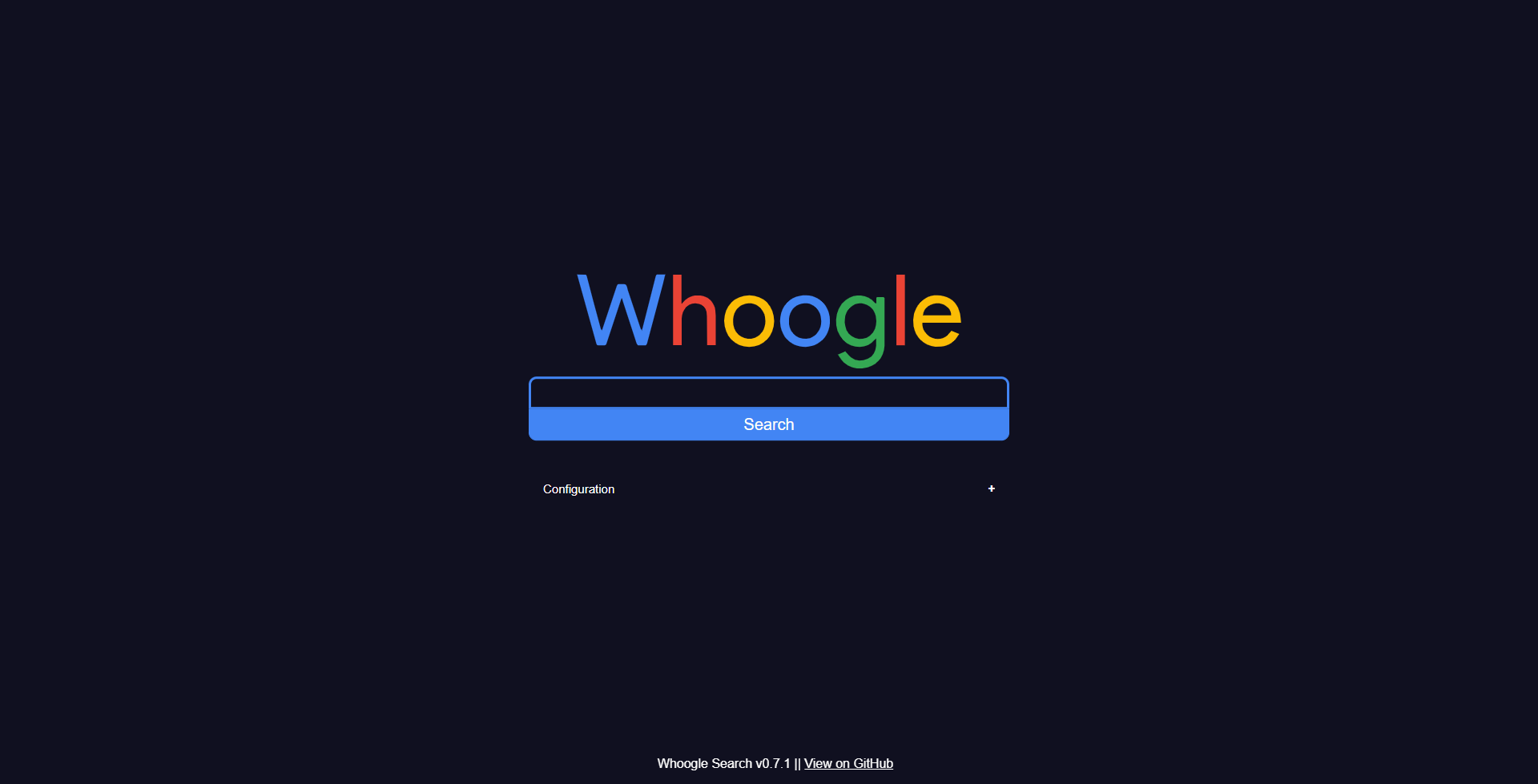Comparing Top Proprietary, Web-Based, and Open Source Solutions for Automotive Sales, Maintenance & Repair, Point of Sale, and Construction
Explore a detailed comparison of top proprietary, web-based, and open source software solutions for automotive sales, maintenance & repair, point of sale, and construction. Understand the advantages and disadvantages of each to make an informed decision for your business needs.

When selecting software for automotive sales, automotive maintenance & repair, point of sale, and construction, businesses must evaluate proprietary, web-based, and open source solutions. Here’s a detailed comparison of the top solutions in each category to help make an informed decision.
1. Automotive Sales
Proprietary Solution: DealerSocket
- Features: DealerSocket offers CRM, inventory management, and marketing automation tailored for automotive dealerships.
- Advantages: Comprehensive feature set, robust support, and regular updates.
- Disadvantages: High cost and potential for vendor lock-in.
Web-Based Solution: AutoRaptor
- Features: AutoRaptor is a cloud-based CRM that provides lead management, customer follow-ups, and sales tracking.
- Advantages: Accessible from anywhere, easy to scale, and regular updates without user intervention.
- Disadvantages: Requires a reliable internet connection and recurring subscription costs.
Open Source Solution: RevSales
- Features: RevSales offers CRM and lead management tailored for automotive sales.
- Advantages: Free to use, customizable, and a strong community for support.
- Disadvantages: Requires technical expertise to set up and maintain, and may lack some advanced features of proprietary solutions.
2. Automotive Maintenance & Repair
Proprietary Solution: Mitchell 1
- Features: Mitchell 1 provides comprehensive shop management software with repair information, diagnostics, and customer management.
- Advantages: Extensive database of repair information, strong support, and regular updates.
- Disadvantages: High cost and complex licensing.
Web-Based Solution: Shop-Ware
- Features: Shop-Ware is a cloud-based shop management software offering workflow management, customer communication, and parts ordering.
- Advantages: Accessible from anywhere, integrates with various tools, and easy to update.
- Disadvantages: Dependence on internet connectivity and subscription fees.
Open Source Solution: Free Auto Shop
- Features: Free Auto Shop provides basic shop management, inventory, and customer tracking.
- Advantages: No licensing costs, customizable, and community support.
- Disadvantages: Limited features compared to proprietary solutions and requires technical expertise for setup.
3. Point of Sale (POS)
Proprietary Solution: Square POS
- Features: Square POS offers payment processing, inventory management, and customer engagement tools.
- Advantages: User-friendly, robust support, and seamless integration with other Square products.
- Disadvantages: Transaction fees and potential data security concerns.
Web-Based Solution: Shopify POS
- Features: Shopify POS provides omnichannel sales, inventory management, and customer tracking.
- Advantages: Cloud-based, integrates with Shopify’s e-commerce platform, and easy to use.
- Disadvantages: Subscription fees and reliance on internet connectivity.
Open Source Solution: Odoo POS
- Features: Odoo POS offers sales tracking, inventory management, and customer relationship management.
- Advantages: Free to use, highly customizable, and integrates with other Odoo applications.
- Disadvantages: Requires technical expertise for installation and maintenance, and may lack some advanced features.
4. Construction
Proprietary Solution: Procore
- Features: Procore offers project management, scheduling, budgeting, and collaboration tools tailored for construction.
- Advantages: Comprehensive features, strong support, and regular updates.
- Disadvantages: High cost and complex setup process.
Web-Based Solution: Buildertrend
- Features: Buildertrend provides cloud-based project management, customer management, and scheduling tools for construction.
- Advantages: Accessible from anywhere, integrates with other tools, and regular updates.
- Disadvantages: Subscription costs and requires reliable internet connectivity.
Open Source Solution: OpenProject
- Features: OpenProject offers project management, timeline planning, and collaboration tools.
- Advantages: Free to use, customizable, and strong community support.
- Disadvantages: Requires technical expertise for setup and may lack some industry-specific features.
Conclusion
Choosing the right software solution depends on the specific needs and resources of the business. Proprietary solutions like DealerSocket, Mitchell 1, Square POS, and Procore offer extensive features and robust support but come at a higher cost. Web-based solutions such as AutoRaptor, Shop-Ware, Shopify POS, and Buildertrend provide flexibility and ease of use with recurring subscription fees. Open source solutions like RevSales, Free Auto Shop, Odoo POS, and OpenProject offer cost savings and customization potential but require technical expertise to manage effectively. Businesses should weigh the pros and cons of each option to determine the best fit for their operations.




